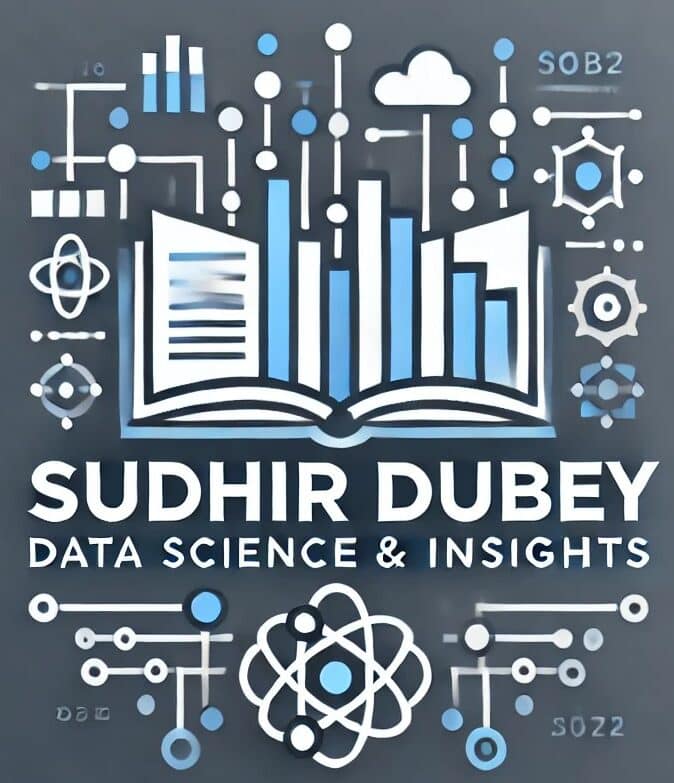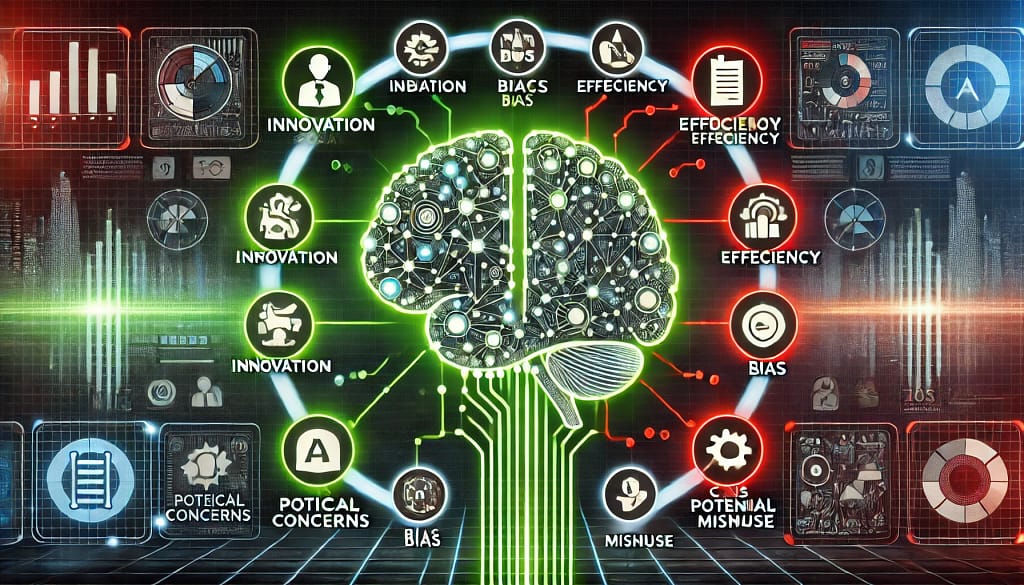Ethical AI: 7 Compelling Insights Into Responsible Generative AI Ethics
In the dynamic field of artificial intelligence, ethical AI has become an invaluable concept, particularly when discussing generative AI ethics. As AI technologies continue to evolve, ensuring responsible AI practices is crucial. This article explores the main ethical challenges in generative AI, providing insights and actionable advice on maintaining ethical standards.
Table of Contents
Introduction
With rapid advancements in AI, the focus on ethical AI and generative AI ethics is more important than ever. Ethical AI not only safeguards users but also ensures technology benefits all parties involved. However, developing ethical guidelines for such cutting-edge technology presents its own set of challenges that we will delve into in this comprehensive guide.
Ethical Challenges in Generative AI
The integration of AI into various sectors introduces several ethical dilemmas:
- Bias and Fairness: Generative AI models, if trained on biased data, can perpetuate and even amplify these biases, impacting fairness and equity.
- Autonomy and Control: Excessive control by AI can limit human autonomy, leading to unintended consequences.
- Privacy Concerns: Handling and processing personal data responsibly remains a top concern in AI systems.
- Accountability: Determining who is responsible for AI decisions can be challenging, complicating ethical considerations.
Learn more about the EU’s GDPR regulations addressing privacy concerns.
Actionable Advice for Responsible AI
Organizations can consider the following to align with responsible AI practices:
- Implement Robust Bias Detection: Regularly audit AI models to identify and mitigate biases.
- Enhance Transparency: Develop clear documentation and AI explainability frameworks to build user trust.
- Establish Ethical Guidelines: Create a comprehensive guideline focused on ethical AI practices that continually evolves.
- Leverage Cross-disciplinary Teams: Involve experts from various fields to gain diverse insights into ethical AI applications.
For more on ethical AI frameworks, refer to Google’s responsible AI practices.
Conclusion
The intersection of ethical AI and generative AI ethics offers a landscape filled with both potential and challenges. The journey towards responsible AI is ongoing and requires continued commitment from all stakeholders. By addressing ethical concerns and applying actionable advice, we can ensure AI technologies serve humanity positively.
If you found this guide helpful, consider subscribing to our newsletter for more insights into ethical technology. Stay informed and be part of the responsible AI movement!



